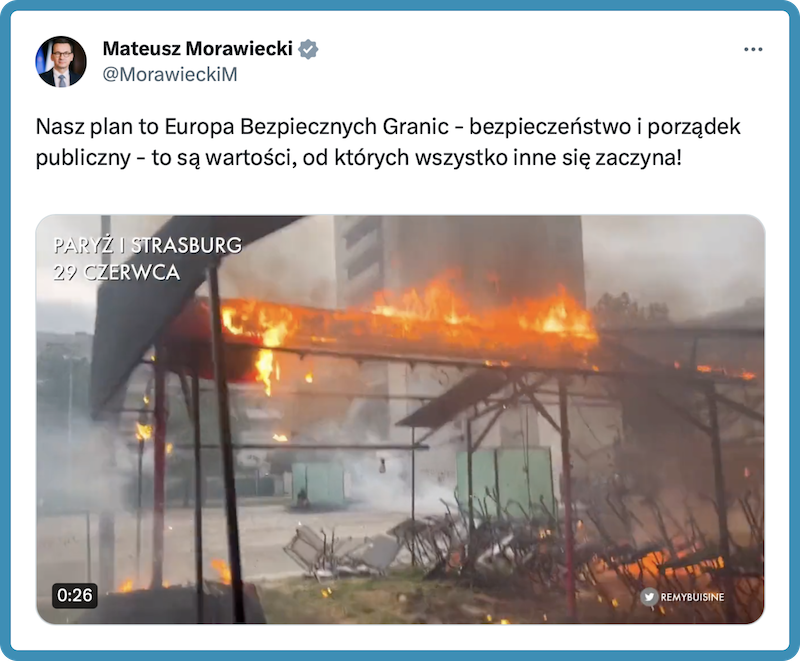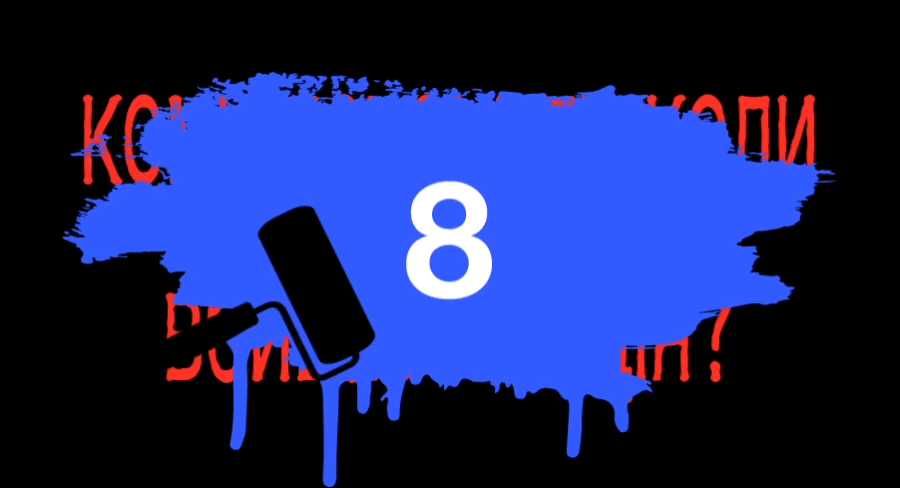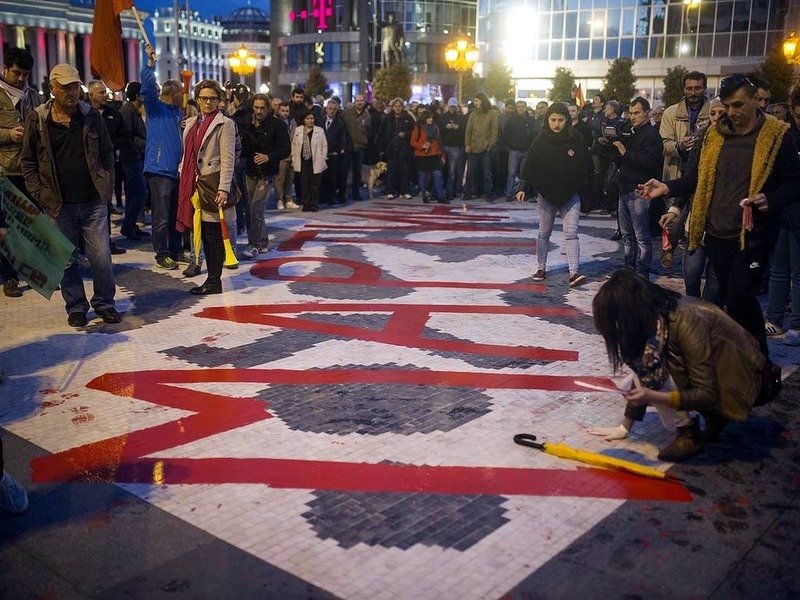Nanterre and Marseille, France on 28 June – burning cars and the looting of shops. Kraków, Poland on 28 June – women walking through the sunshine in peace. These were scenes from a Twitter video that Polish prime minister Mateusz Morawiecki shared during the French unrest.
He was not the only populist leader capitalising on the events. In a Facebook post, Hungarian foreign minister Péter Szijjártó, who is a hardliner against migration like his Polish counterpart, wrote: “The French riots prove that it is impossible to integrate violent masses of illegal immigrants from other cultures.”
As well as scoring points at home, the Polish and Hungarian statements have a special message for the European Union. As the EU continues to debate its new migration pact, including voluntary relocation and solidarity, both central European countries made it clear they are ready to fight against the proposal which they consider is “forced upon them”.
They have both used their power of veto as blackmail before, so these might be more than empty words.
Populists capitalise on “War and Peace” comparisons

“Our plan is for a Europe of secure borders – security and public order – these are the values from which everything else starts!”
Share




